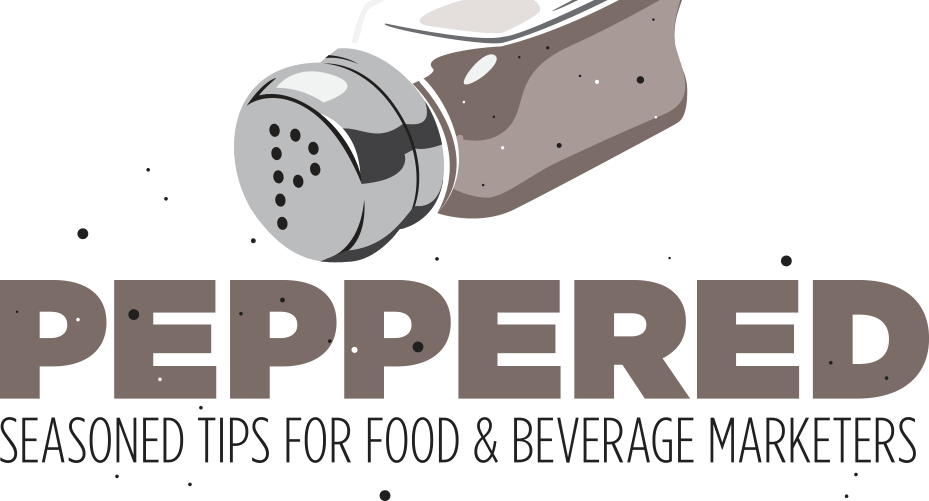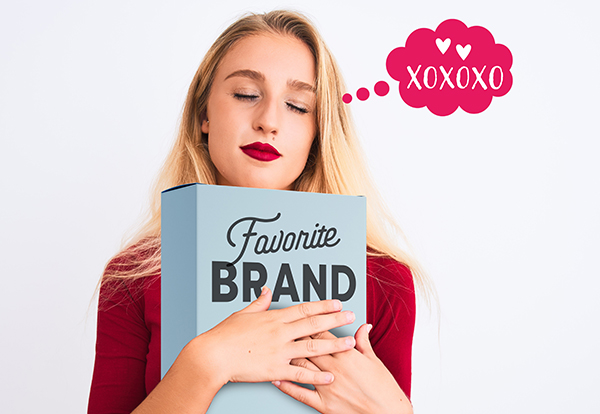You hear a lot these days about how consumers are no longer loyal when it comes to CPG food and beverage brands; that they quickly trade-off for private label or newer, emerging brands. And this is quite true. But I’d like to suggest that “brand loyalty” is largely a myth fabricated by overzealous marketers. One of the many snake oil sales tactics in this business.
Yes, consumer loyalty is simply a marketing fallacy. And I’m sorry to have to tell you that they don’t “love” your brand. They may “love” your product, but in all reality it’s probably more “like,” than “love.” And to be even more candid, it’s more accurate to say that your brand has simply become a buying habit.
Which is great! If you’re a food or beverage brand and in a consumer’s routine or habitual buying pattern—your goal should be to get more consumers like this—not strive to create brand loyalists or sell more product to existing customers.
I know, I know. As a creative food marketing guy, I should be telling you to build a “relationship” with consumers. That you should strive to create a deep and meaningful bond with your brand loyalists. Have a brand “persona” that will emotionally connect with consumers. Because if they love you, they will be faithful to you.
Again, sorry. It’s a rarity for consumers to bond with brands like they do with other humans. And, unlike the deep emotional drive that we have for love, buying brands is largely transactional—not emotional.
So, how do you keep consumers coming back for more? Simple. It comes down to two things: 1) top of mind awareness and 2) availability. Continually reminding consumers how much they want your product. Continue to give them reasons to buy. Be entertaining. Be memorable. Make them hungry. But most importantly…be available. Be on-shelf. If they can’t quickly and easily find you, they will replace you…just like THAT.
Look, consumers are fickle. Regardless of whether they love or like your product at a given moment can depend on any number of variables—but if you’re not top of mind and on-shelf—it’s pretty much a guarantee they won’t buy you. The more consumers notice, recognize, and remember your product on their path to purchase, the more likely they are to buy, and continue buying.
As a brand, being “liked” is good, but being bought is better. “Love” is not only a many splendid thing—but it’s also very elusive in the brand world.






